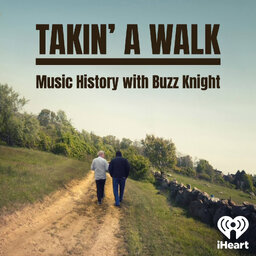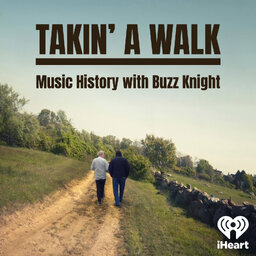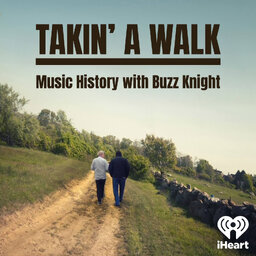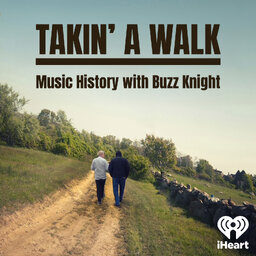British New Wave Pop Icon- Howard Jones-Music Legends Podcast
Join @thebuzzknight for this episode with singer, songwriter, musician Howard Jones. Howard had ten multiple hit singles during the 80's second British invasion and has sold over 10 million albums. He is heading out on a North American tour with ABC and Haircut 100 and is celebrating the 40th anniversary of his music career with a new compilation called "Celebrate it together."
If you have questions, comments or suggestions share them at buzz@buzzknightmedia.com.
Connect with Buzz on Twitter @TheBuzzKnight and Instagram @takinawalkpodcast.
Like the show? Leave us a review. Review
In 1 playlist(s)
Takin' A Walk - Music History with Buzz Knight
On the Takin’ A Walk-Music History Podcast, Buzz Knight goes deep with American music’s most iconic …Social links
Follow podcast
Recent clips

"Celebrating Timeless Rhymes: De La Soul's The Grind Date Turns 20"-Hip Hop Music History-Best Musician Interview Podcast Replay
32:24

Join Buzz Knight and Peter Wolf on a Walk Through Music History, Personal Stories, and Legendary Artist Encounters-Replay-Best Music Podcast
40:31

Join Buzz Knight and C. J. Chenier as They Explore the Rich Legacy of Clifton Chenier and Zydeco Music
23:25
 Takin' A Walk - Music History with Buzz Knight
Takin' A Walk - Music History with Buzz Knight